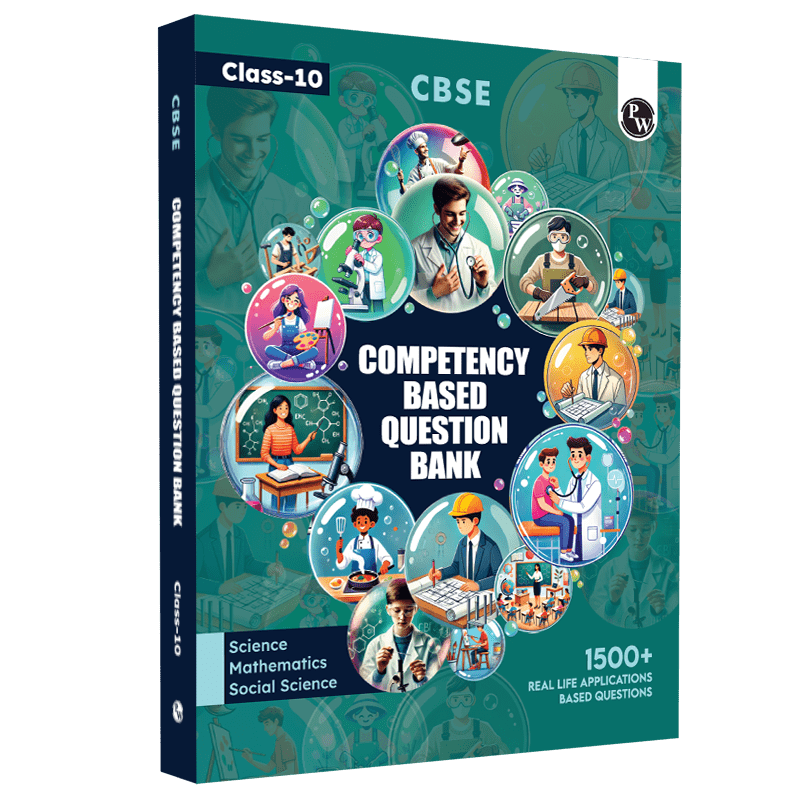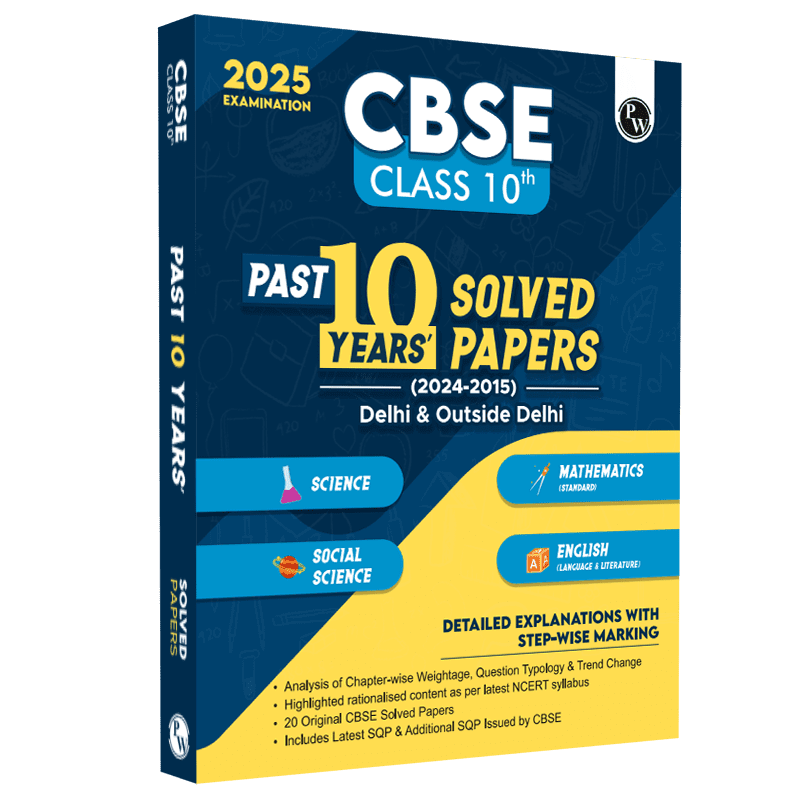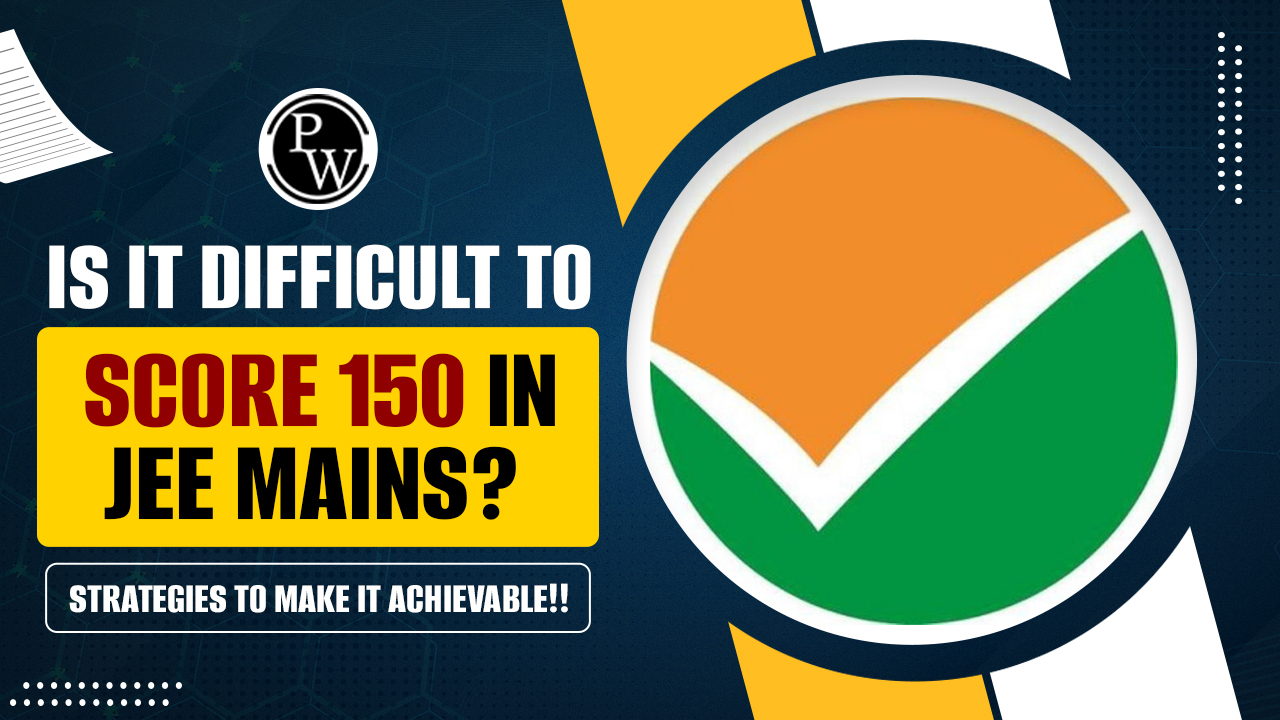CBSE Class 10 Economics Notes Chapter 5 Consumer Rights

CBSE Class 10 Economics Notes Chapter 5 Consumer Rights:- In Class 10, the topic of Consumer Rights plays a crucial role in understanding how consumers can protect themselves in the market. This topic is part of the Consumer Movement chapter in Economics, which is designed to raise awareness about the importance of safeguarding consumer interests. Go through the detailed CBSE Class 10 Economics Notes Chapter 5 Consumer Rights from the below article.
Check out: CBSE Class 10th Sample Papers
What is Consumer Rights Class 10?
Consumer rights refer to the legal protections granted to consumers to ensure they are not exploited by unfair practices. This includes the right to safe products, accurate information, and fair treatment from producers and service providers. In Consumer Rights Class 10, students learn about these rights and how they contribute to a fairer marketplace. Understanding Consumer Rights in Class 10 is very crucial going further.
Check out: CBSE Class 10th Books
Need for Consumer Rights:
-
To protect consumers from misleading advertisements, defective products, or unfair pricing.
-
To ensure that consumers get accurate information about the quality, quantity, price, and standard of goods and services.
CBSE Class 10 Economics Notes Chapter 5 Consumer Rights
Go through the consumer rights class 10 notes below:-
Definition of Consumer Rights
In Class 10, the topic of Consumer Rights helps students understand how important it is for consumers to be aware of their legal protections. These rights are designed to ensure consumers are not taken advantage of in the market, and they promote fair and ethical practices by businesses.
The Consumer in the Marketplace
We are part of the market in two main ways: as producers and as consumers.
-
As producers, we help create goods and services, working in areas like farming, factories, or providing services.
-
As consumers, we buy the goods and services we need, which are the final products used by people.
To keep the market fair and safe, rules and laws are important to protect consumers.
Read More: CBSE Notes Class 10 Economics Chapter 1
What Are Consumer Rights in Class 10?
Under the Consumer Protection Act, of 2019, there are several basic rights that every consumer is entitled to:
-
Right to Safety:
This means that consumers should be protected from products or services that could harm them. For example, a product like a toy or a kitchen appliance should not be dangerous to use. The right to safety ensures that the things we buy should not put our health or safety at risk. -
Right to Information:
Consumers have the right to know important details about the products they buy. This includes knowing what the product is made of, how good it is, and how much it costs. For example, when you buy a bottle of juice, you should be able to see the ingredients, the expiry date, and the price. This helps you make smart and informed choices. -
Right to Choose:
This right gives consumers the freedom to pick from a variety of products. You should not be forced to buy something just because there are no other options available. The right to choose ensures there are many different products to suit everyone’s needs, so you can pick the one that is good for you. -
Right to be Heard:
If something goes wrong with a product or service, consumers have the right to complain and have their voice heard. For example, if you buy something that is broken or not as described, you can speak up and let the company know. This right ensures that businesses listen to their customers and try to solve problems. -
Right to Seek Redressal:
Consumers can ask for a solution if they are not treated fairly. If a product is faulty or not as advertised, you can ask for a refund, replacement, or repair. The right to seek redressal means that consumers have a way to get help when something goes wrong. -
Right to Consumer Education:
This right means that consumers should be taught about their rights and how to use them. Knowing what rights you have helps you avoid being cheated and make better decisions when buying things. Consumer education helps you understand how to protect yourself from unfair practices.
Read More: CBSE Class 10 Social Science Economics Notes Chapter 2
History of Consumer Movement Class 10
The Consumer Movement is a series of efforts to protect consumers from unfair practices by businesses and raise awareness about consumer rights. Here's a brief history of the movement:
1. Early Beginnings
The Consumer Movement started in the late 19th and early 20th centuries, particularly in Western countries. People began to realise that businesses were taking advantage of them by selling poor-quality or unsafe products. Notable figures like Ralph Nader in the United States helped push for consumer protection laws in the 1960s.
2. Growth in India
In India, the Consumer Movement picked up pace in the 1970s. Before that, there were no laws to protect consumers. Organisations like Voluntary Organisation in Consumer Education (VOICE) began working to inform people about their rights and demand changes in government policies.
3. Consumer Protection Act (1986)
A major milestone in India was the Consumer Protection Act of 1986, which introduced Consumer Courts and provided legal rights to consumers. This law made it easier for consumers to get justice for unfair trade practices and ensured better protection.
4. Role of Consumer Organisations
Consumer organisations like Jago Grahak Jago in India have been crucial in spreading awareness about consumer rights, helping people file complaints, and pushing for better laws.
5. The Consumer Movement Today
The Consumer Movement continues to grow, especially with new challenges like online shopping fraud. Laws like the Consumer Protection Act, 2019 help protect consumers, and social media is now a powerful tool for sharing experiences and reporting unfair practices
Read More: Class 10 Notes Economics Chapter 3
Role of Consumer Organisations
Consumer organisations in India play a crucial role in protecting the rights of consumers. They work to educate people, resolve complaints, and advocate for better laws. Here are some important consumer organisations and their roles:
-
Consumer Voice: This organisation tests products for quality and provides unbiased reviews. It educates consumers about their rights and lobbies for stronger consumer protection laws.
-
Jago Grahak Jago: Launched by the Government of India, this campaign educates the public about consumer rights and how to protect themselves from fraud through ads, pamphlets, and workshops.
-
VOICE: Focuses on educating consumers, testing products for safety, and advocating for better consumer laws. It also helps consumers understand how to assert their rights.
-
AICPA: Represents consumer interests, conducts research, and pushes for ethical business practices and better consumer protection policies.
-
CAI (Consumers Association of India): One of the oldest organisations, CAI helps resolve consumer complaints, educates the public, and works on issues like product safety and fair pricing.
-
CUTS (Consumer Unity and Trust Society): Works on global and local consumer issues, focusing on fair trade, sustainable practices, and e-commerce regulations.
-
National Consumer Helpline (NCH): Provides a toll-free service to help consumers file complaints and seek advice on consumer-related issues.
-
CGSI (Consumer Guidance Society of India): Offers advice, resolves disputes, and educates consumers about product standards and their rights under the Consumer Protection Act.
Read More: Class 10 Notes Economics Chapter 4
Important Points to Remember
-
Producers and Consumers: We are both producers (creating goods and services) and consumers (buying goods and services).
-
Sectors Involved: Producers can work in sectors like agriculture, industry, or services.
-
Final Goods: Consumers buy final goods—products that are ready to be used.
-
Protection of Consumers: Rules and regulations are necessary to ensure consumers are safe and treated fairly in the market.
-
Fair Market: Laws help maintain fairness and prevent fraud, ensuring the market works properly for everyone.
Check out: CBSE Class 10th Question Banks
Consumer Rights Class 10 FAQs
1. What are Consumer Rights in Class 10?
Consumer rights refer to the basic protections and entitlements that consumers have when purchasing goods and services. These rights ensure fair treatment, safety, and quality in the marketplace.
2. What are the main Consumer Rights under the Consumer Protection Act, 2019?
The main consumer rights include:
-
Right to Safety: Protection from harmful goods or services.
-
Right to Information: Access to clear and accurate details about products.
-
Right to Choose: Freedom to choose from a variety of products and services.
-
Right to be Heard: Ability to voice complaints and grievances.
-
Right to Seek Redressal: Right to seek compensation for unfair practices.
-
Right to Consumer Education: Knowledge about consumer rights and how to protect them.
3. Why are Consumer Rights important?
Consumer rights protect individuals from exploitation and ensure that they are not misled or sold unsafe or substandard products. They help maintain fairness in the marketplace.
4. How can consumers exercise their rights?
Consumers can exercise their rights by staying informed, making informed choices, voicing their complaints, and seeking redress through consumer forums or the legal system.
5. What is the Consumer Protection Act, 2019?
The Consumer Protection Act, 2019 is a law that aims to protect consumer rights, provide for the establishment of consumer forums, and ensure quicker resolution of disputes. It includes provisions for protecting consumers from unfair trade practices. defective goods, and deficiency in services.











